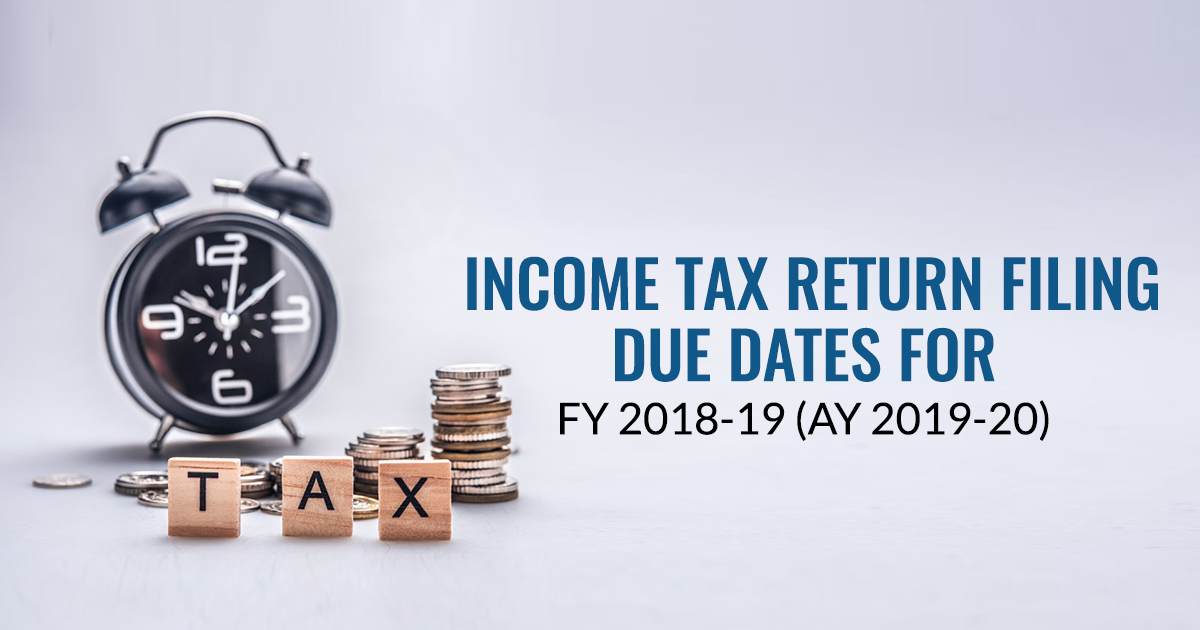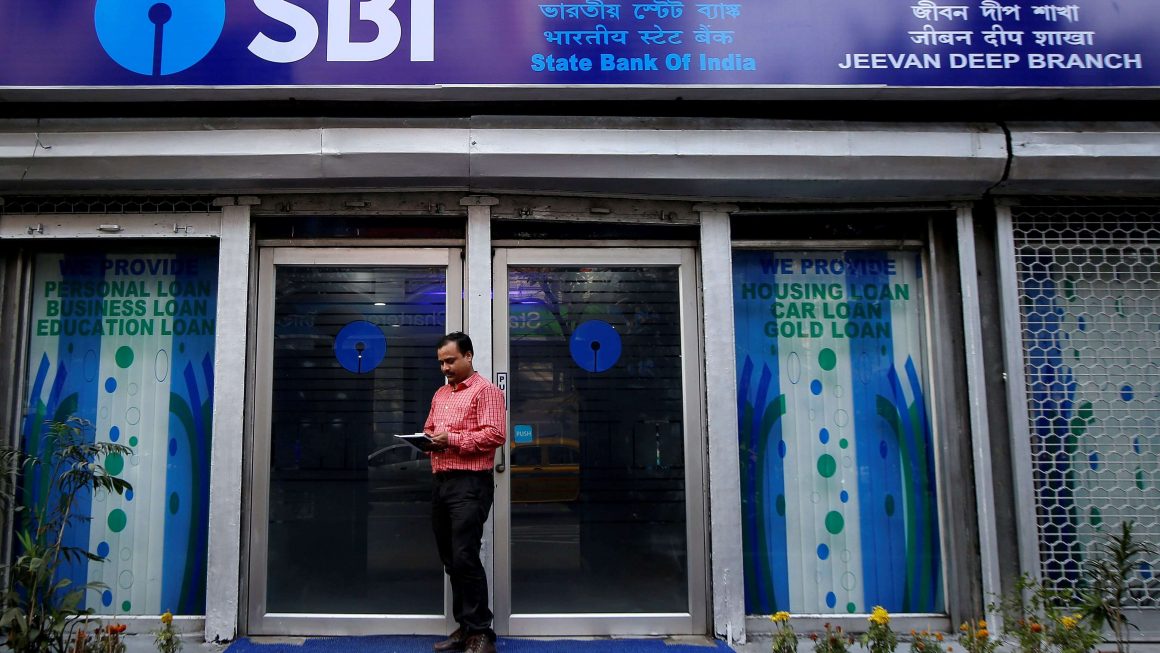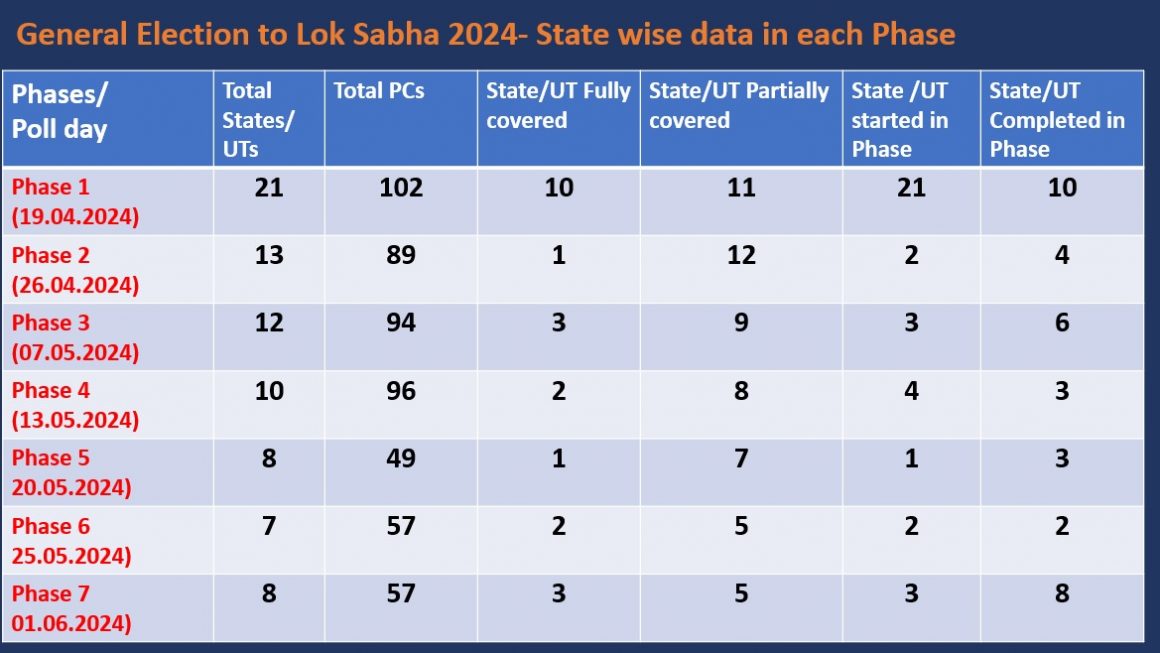NEW DELHI: India’s Finance minister Nirmala Sitharaman on Tuesday said the last date for filing of income tax returns for FY2018-19 has been extended to June 30 to provide relief to citizens unable to meet deadlines due to coronavirus outbreak.
Also, interest rate on delayed payment has been cut to 9 per cent from 12 per cent, she told reporters here.
The government has also extended the last date for linking PAN with unique biometric ID Aadhaar to June 30 from March 31.
Giving details of the extension of dates to help citizen cope with the lockdown, she said the Vivad se Vishwas tax dispute resolution scheme has been extended by three months to June 30. Those availing the scheme by the extended deadline will not have to pay 10 per cent interest on the principal amount.
FM Smt. @nsitharaman announced several relief measures taken by the Govt of India in view of #COVID19 outbreak. Here are the details relating to GST/Indirect Tax & Customs.#IndiaFightCorona @nsitharamanoffc@Anurag_Office@IncomeTaxIndia@PIB_India pic.twitter.com/j3tAtTTKDA
— Ministry of Finance (@FinMinIndia) March 24, 2020
Also, due dates for issuing various notices under the Income Tax Act have also been extended.
Finance minister Sitharaman announced several other measures to make life less difficult for people, especially senior citizens and also those running small businesses in the time of a nationwide lockdown to prevent the spread of the deadly Coronavirus. These are:
Minimum bank charges for savings bank accounts were being waived to help citizens
Free of charge cash withdrawal from any other bank ATM allowed for debit card holders for 3 months
Deadline for filing GST returns for March-May extended to June 30. No late fee, penalty or interest will be charged for companies with turnover of up to Rs 5 crore. For companies with more than Rs 5 crore turnover, no late fee and penalty will be charged on GST return filed by 15 days. A reduced interest rate of 9 per cent will be charged.
The Sab ka Vishwas indirect tax dispute redressal scheme extended to June 30. No interest on payment made till June 30 will be charged.
The government raised the threshold that would trigger insolvency proceedings to Rs 1 crore from current Rs 1 lakh to help small companies tide over the present crisis.
The government also considering suspending Sections 7, 9, 10 of the Insolvency and Bankruptcy Code (IBC) for six months if the current economic situation continues beyond April, she said.
Stock market volatility
Sitharaman said regulators and her ministry were monitoring developments and volatility in stock markets triggered by the outbreak of COVID-19 pandemic at least thrice a day.
Since the outbreak of coronavirus, the 30-share benchmark Sensex has shed 15,000 points in the last one month. At the same time, the rupee against dollar has weakened substantially during the last one month and there is fear of it breaching 77-mark in the next few days.
The rupee was trading at 71.94 against a dollar on February 24 and opened at 76.02 against the greenback on Tuesday morning.
According to experts, the rupee is under pressure due to pull out by foreign investors leading to undue demand of dollar.
Sitharaman said the finance ministry and all financial regulators, including the Reserve Bank of India, were working together and keeping a close vigil on the movement. “We are monitoring the developments and volatility in the stock market. We are closely monitoring the situation and Sebi has come up with some set of guidelines and also stated its position in order to (check) volatility because of short-term transactions…and does not lead to greater instability in stock markets. So we are continuously monitoring the situation and it is happening thrice in a day,” she said.



